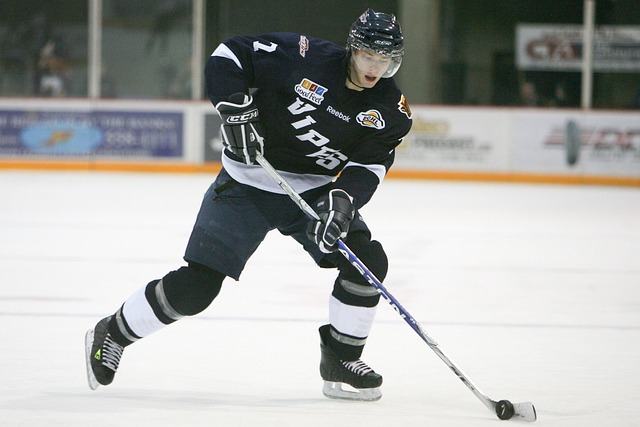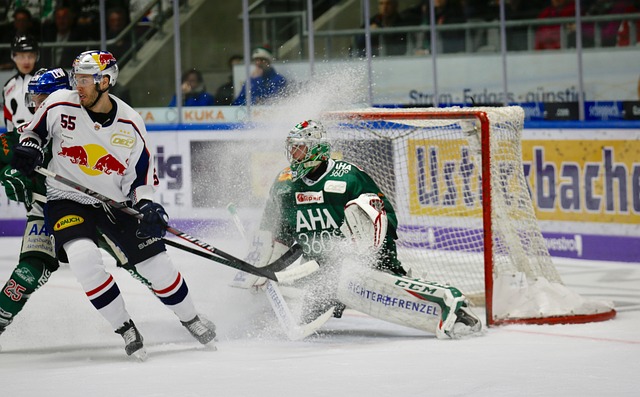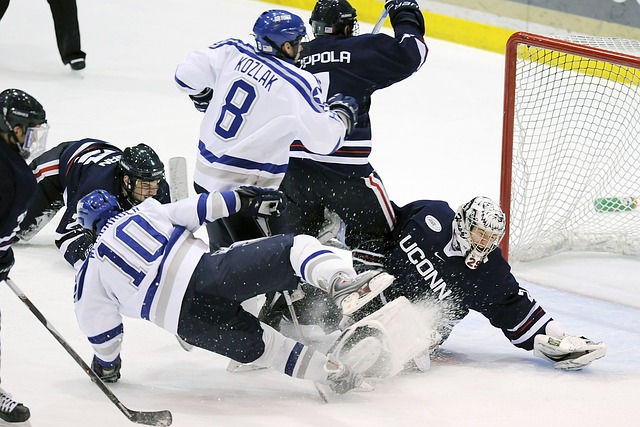In the labyrinth of political decision-making, where the fate of entire nations can hang by a thread, betting emerges not just as a pastime, but as a true indicator of the social pulse. From online casinos to the silent corridors of power, the connection between betting and politics woven throughout human history is as complex as it is fascinating.
1864: Lincoln and the Odds of the Civil War
Let’s dive into 1864, in the midst of the American Civil War. While battles raged on the fields, another kind of struggle was taking place in the betting shops. Abraham Lincoln, burdened by a divided nation, was far from a favorite for re-election. However, military swings in favor of the Union turned the odds, turning Lincoln from underdog to reinstated leader. This shift in the tide showed that political betting could be both a barometer of public opinion and a battleground for speculators.
The Unusual Moon Bet

In 1964, David Threlfall bet £10 that a man would set foot on the moon by 1971. With odds of 1,000 to 1, the stake seemed like an exercise in fantasy. Yet when Neil Armstrong stepped off Apollo 11 in 1969, the world stopped, and Threlfall pocketed £10,000. More than a bet, this bet was a faith in human progress, an investment in the potential of science and exploration. He showed that sometimes the most unlikely bets are not just games of chance, but acts of vision that precede historic moments, turning dreamers into visionaries.
2016: Brexit and the Ballot Box Twist
Fast forward to 2016, when the UK was rocked by the Brexit referendum. Bookmakers, reflecting the general consensus, were betting heavily on remaining in the EU. However, the Leave vote turned all expectations on their head, shattering expectations and highlighting the discrepancy between published opinion and the hidden feelings of voters. This outcome not only changed the course of European politics, but also revealed betting as a tool of perception, capable of capturing hidden undercurrents beneath the political surface.
2020: US Elections and the Dance of Odds

In the 2020 US presidential election, the theatre of betting offered a fascinating insight into political dynamics. Despite the odds favoring one candidate, the bets remained surprisingly even, suggesting a tighter race than polls indicated. This scenario raised questions about how bets might influence or reflect public opinion, serving as a thermometer for sentiments and trends not immediately apparent in traditional polls.
These stories of betting and politics paint a picture in which the game of predictions and bets goes far beyond entertainment. They become a lens through which to observe voters’ expectations, hopes, and sometimes disappointments. In the vibrant world of political betting, every bet, every share, is a fragment of history, a breath of society living, hoping, and deciding its own destiny. On the global stage, platforms are not just intermediaries in this game, but witnesses to the pulse of democracy, where every vote and every bet are echoes of the human soul trying to predict, or perhaps direct, the future.
